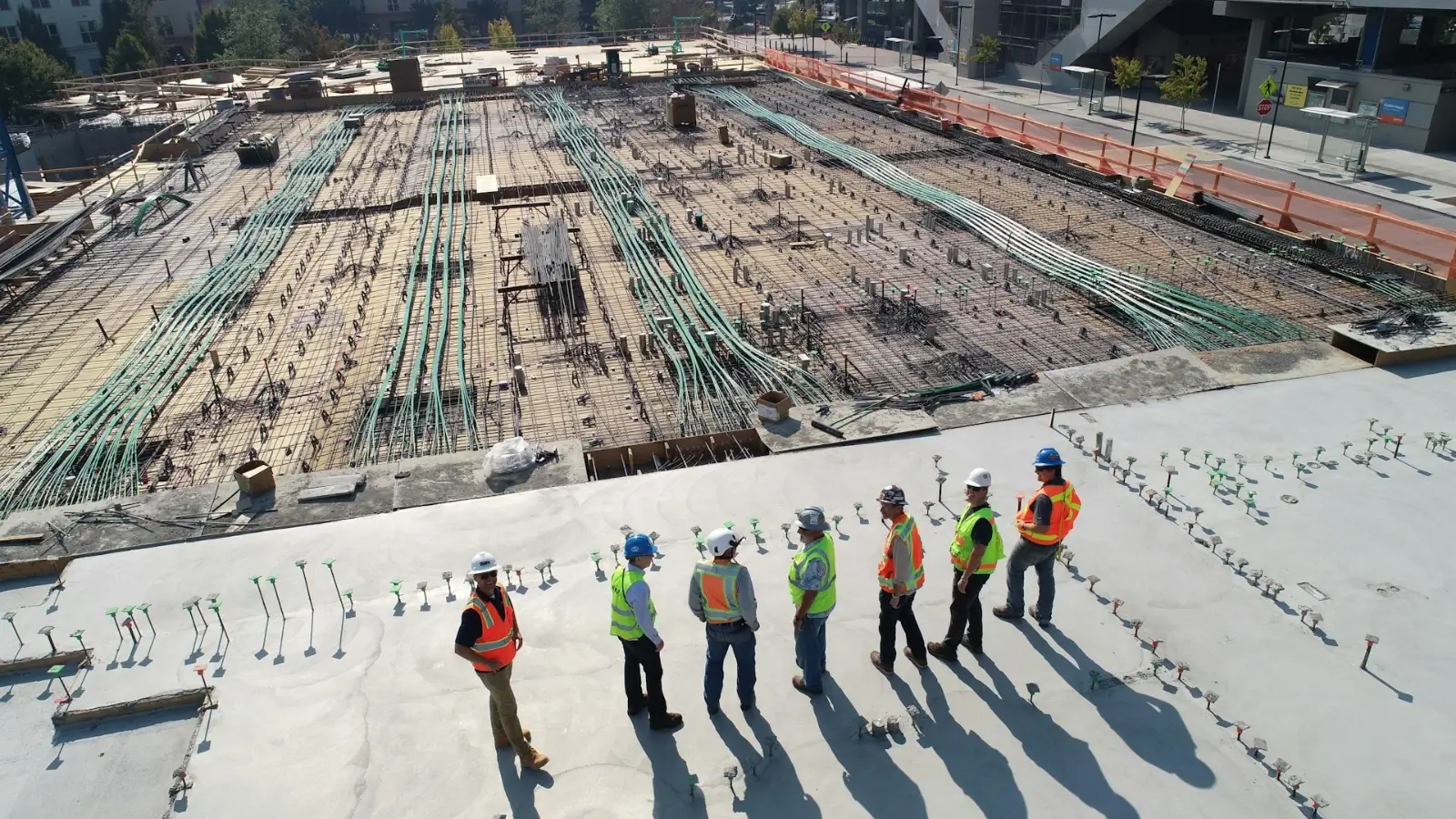Managing large-scale construction projects requires precision, foresight, and adaptability. Among the myriad professionals involved, quantity surveyors play a pivotal role in ensuring that resources are allocated efficiently, budgets are adhered to, and timelines are respected. Despite their expertise, they face a variety of challenges that can complicate their work, particularly on complex, large-scale developments.
Fluctuating Material Costs: A Constant Concern
One of the most significant hurdles in large construction projects is managing unpredictable shifts in material prices. Quantity surveying services are instrumental in navigating these fluctuations, as they focus on detailed cost forecasting and contract negotiation. Rising demand, geopolitical tensions, and supply chain disruptions frequently alter material availability, forcing surveyors to stay vigilant and adaptable.
Labor Shortages and Workforce Dynamics
The construction industry is no stranger to labor shortages, which can disrupt even the most meticulously planned projects. Quantity surveyors often must account for these workforce constraints when developing project budgets. By incorporating contingency plans and advocating for competitive compensation strategies, they help ensure that projects maintain momentum despite staffing challenges.
Managing Complex Supply Chains
Coordinating the procurement of materials and equipment across multiple suppliers presents another layer of complexity. Large-scale projects often require items sourced from international vendors, leading to logistical delays or unexpected costs. Quantity surveyors mitigate these risks by establishing clear contracts, tracking deliveries closely, and fostering strong relationships with reliable suppliers.
Dealing with Regulatory and Legal Compliance
Navigating the regulatory landscape is essential in construction. Quantity surveyors must account for permitting processes, environmental regulations, and legal stipulations, all of which vary depending on the project’s location. Failure to comply can lead to costly delays or penalties. Surveyors ensure adherence to these requirements by integrating legal expertise into cost estimates and project plans.
Adapting to Technological Advancements
The rapid integration of technology into construction brings both opportunities and challenges. While innovations such as Building Information Modeling (BIM) enhance project visualization and cost estimation accuracy, they also require quantity surveyors to continuously upskill. Adopting these tools effectively involves balancing technological investments with the project's overall budget.
Communication Across Diverse Stakeholders
Construction projects typically involve multiple stakeholders, including architects, engineers, contractors, and investors. Miscommunication among these parties can lead to budget overruns or schedule delays. Quantity surveyors bridge these gaps by facilitating transparent discussions, providing accurate cost assessments, and ensuring all parties have a shared understanding of project objectives.
Environmental and Sustainability Considerations
As sustainability takes center stage in modern construction, quantity surveyors must evaluate the cost implications of green materials and energy-efficient designs. Incorporating these elements often requires creative solutions to balance environmental responsibility with financial feasibility. Surveyors achieve this by leveraging innovative approaches to value engineering.
Unanticipated Site Conditions
Large projects frequently encounter unforeseen challenges on-site, such as adverse weather, unexpected geological conditions, or hidden infrastructure. These surprises can significantly impact budgets and timelines. By building contingencies into project estimates and maintaining flexible strategies, quantity surveyors help manage these risks effectively.
Managing Client Expectations
Clients often hold ambitious visions for their projects, which can sometimes outpace budgetary or practical constraints. Quantity surveyors act as intermediaries, balancing aspirations with realities through clear communication and detailed cost analysis. This ensures that clients are fully informed about potential trade-offs.
Continuous Learning and Adaptation
The role of a quantity surveyor demands constant evolution to meet the shifting demands of the construction industry. Whether dealing with emerging risks or embracing new methodologies, surveyors must remain adaptable, resourceful, and forward-thinking to overcome challenges in large-scale projects.
Conclusion
Large-scale construction projects are inherently complex, and quantity surveyors are at the forefront of addressing these intricacies. Through strategic planning, meticulous cost control, and proactive problem-solving, they navigate fluctuating markets, workforce limitations, and evolving technologies. Their expertise ensures that projects remain on track, delivering value to all stakeholders while overcoming the diverse challenges of modern construction.
















